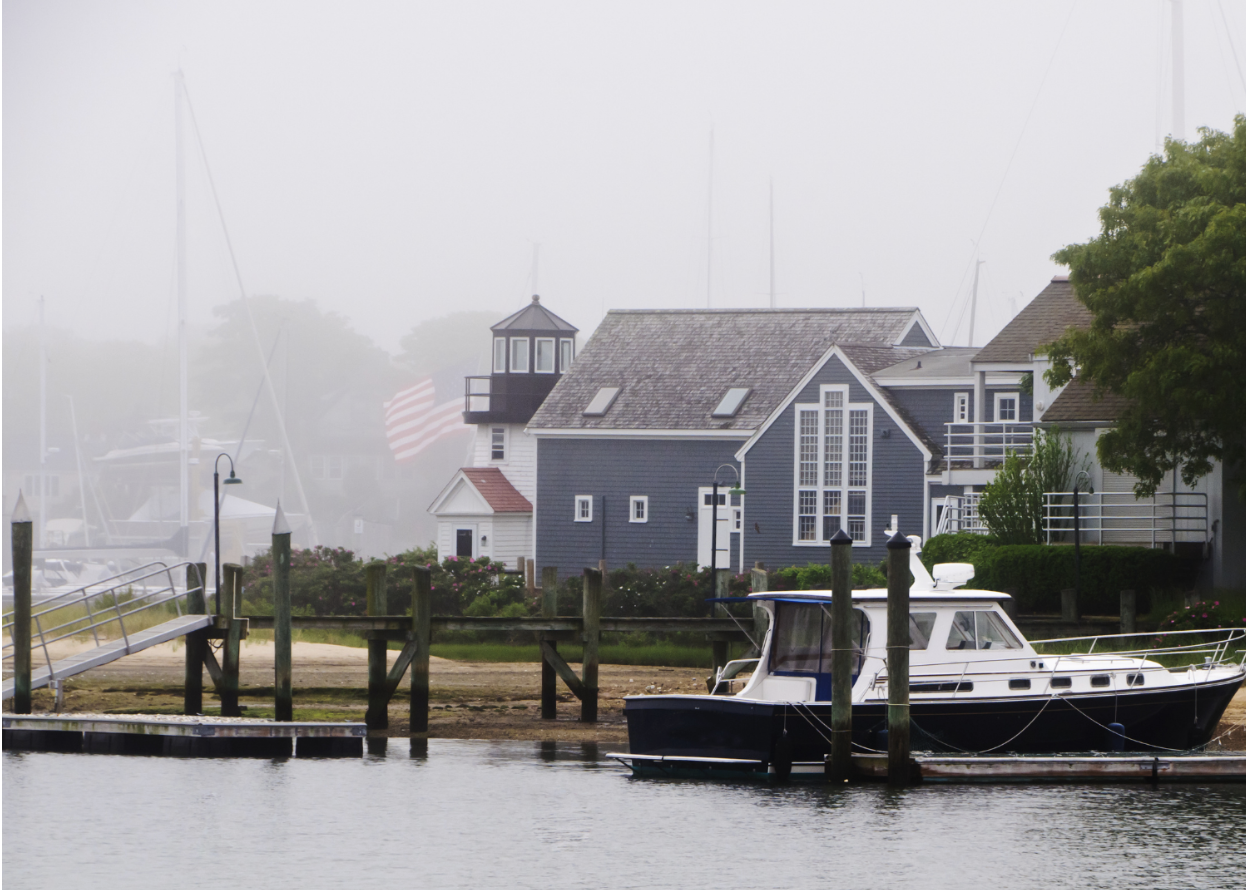Luxury Homeowners’ Guide to Winterizing a Waterfront Estate
Living along the water on Cape Cod brings a perfect blend of elegance, serenity, and natural beauty. But it also means your estate faces unique seasonal challenges: salt air, freezing temperatures, heavy precipitation, and relentless winds. For luxury homeowners, winterizing isn’t a suggestion, it’s a strategic investment to protect your property, preserve value, and maintain peace of mind.
Here’s a comprehensive, practical guide to winterizing high-end waterfront homes, designed for the discerning owner who expects excellence, not compromise.
1. Understand the Coastal Climate Context
Waterfront estates differ from traditional inland homes. On the coast you’ll contend with:
Salt laden breezes that accelerate wear on metal fittings, outdoor fixtures, and windows.
Freeze-thaw cycles that damage foundations, patios, and masonry, especially near tidal zones.
High humidity tanks and water saturation, which can compromise insulation and ventilation systems.
Local service providers on the Cape report that many seasonal homes suffer from very preventable damage during winter, especially when owners assume the “Cape looks mild” myth applies year-round. (https://www.boston.com/real-estate/real-estate/2025/10/09/winterize-your-new-england-vacation-home/)
Aligning your winter plan with these conditions is the first step toward safeguarding your home.
2. Secure the Envelope: Roof, Gutters & Exterior
A luxury estate’s roof and exterior are your first lines of defense.
Inspect shingles, flashing, and chimney caps for damage or gaps; wind-driven precipitation can enter exposed areas and freeze internally.
Clean gutters, downspouts and install guards; clogged systems increase risk of ice-dams and structural damage in freeze/thaw cycles.
Rinse salt spray from outdoor metal fixtures and sea-facing surfaces; salt accelerates corrosion in high-end materials (brass, stainless, aluminum).
Seal windows, doors, and exterior openings. Damp drafts lead to energy loss and can compromise interior finishes.
For waterfront properties, even subtle leaks can lead to mold or rot, especially in colder, darker months.
3. Protect Plumbing, Heating & Mechanical Systems
Unprotected mechanical systems are among the most costly winter failures in luxury homes.
Drain and insulate exterior pipes, hoses, irrigation systems, and outdoor showers. Many Cape Cod homes are seasonal and these systems are left vulnerable.
Flush water heaters and boilers, check for corrosion, and make sure the thermostat is set appropriately, even if the home is unoccupied (many insurance requirements set minimums at 55–60°F).
Consider a smart-monitoring thermostat and leak-detection sensors, which allow you to track freeze risk in real time and receive alerts if something changes. Cape Cod estate-managers say this often pays for itself.
Test backup generators and ensure fuel supplies are secure; coastal storms may knock out power for extended periods, and mechanical failure during a freeze is an enormous risk.
4. Preserve the Landscape, Decking & Outdoor Assets
Luxury waterfront homes often feature significant outdoor amenities: wood decks, stone patios, moorings, boats, and these require special attention.
Remove or secure outdoor furniture, grills, kayaks, sailboats and docking gear. Items left unsecured become hazards in winter storms.
Mulch plantings, wrap sensitive shrubs, and flush outdoor irrigation. Waterfront gardens suffer from salt burn and frost heave if left unattended.
Inspect decking and boating access points for loose boards or corrosion; ice build-up around pilings or docks accelerates wear and risk.
Install eco-friendly ice-melt or sand on walkways and slips; prevent slips and seasonal claims by keeping access safe.
5. Fine‐Tune Interiors & Systems for Seasonal Shifts
Even the most luxurious interior deserves its winter-readiness checklist.
Service HVAC systems, replace filters, check heat recovery ventilation units, especially in elevated coastal homes where salt-laden air works through systems faster.
Inspect firewood storage, fireplaces and chimney flues if applicable, moist coastal climates may accelerate creosote buildup.
Test smoke and CO detectors, and use surge-protected UPS for critical systems; in coastal homes outages are more frequent.
Create a “vacation safe mode” setting when the home is unoccupied: thermostat set-back, water sensors active, smart lock alerts enabled, and regular check-ins scheduled.
6. Stay Ahead with a Professional Winterization Plan
High-value homes benefit from formal seasonal maintenance plans.
On Cape Cod:
Schedule a professional inspection each October, local providers suggest an estate engineer or property-management firm to handle the full scope.
Document system baselines, including HVAC status, roof condition and dock/mooring hardware, so you have a benchmark for spring.
Maintain a service log and receipt archive, which helps preserve warranty claims, resale value and insurance integrity.
7. Why Winterizing Is a Smart Investment
In coastal real estate markets, proper care isn’t optional, it underpins value and marketability. Studies from Cape service firms highlight that up to 50% of insurance claims for coastal homes stem from water or freeze damage, most of which is preventable.
For luxury homeowners, protecting your estate in winter means preserving your lifestyle, avoiding emergency repairs, and maintaining the pristine condition expected of high-end coastal properties.
Final Thoughts
Winter’s low light and slower pace on the Cape can feel peaceful, but behind the calm is a set of structural, mechanical, and environmental risks that demand respect and preparation. As a luxury homeowner you are not just buying space by the sea; you are investing in resilience.
By treating winterization as an annual ritual, one that respects your property’s coastal context, mechanical complexity and lifestyle value, you’ll rest easier all season. Your waterfront estate isn’t just a home. It’s a legacy. Protect it with intention.
LaBarge Homes & Real Estate...it's about lifestyle, legacy, and local expertise.





